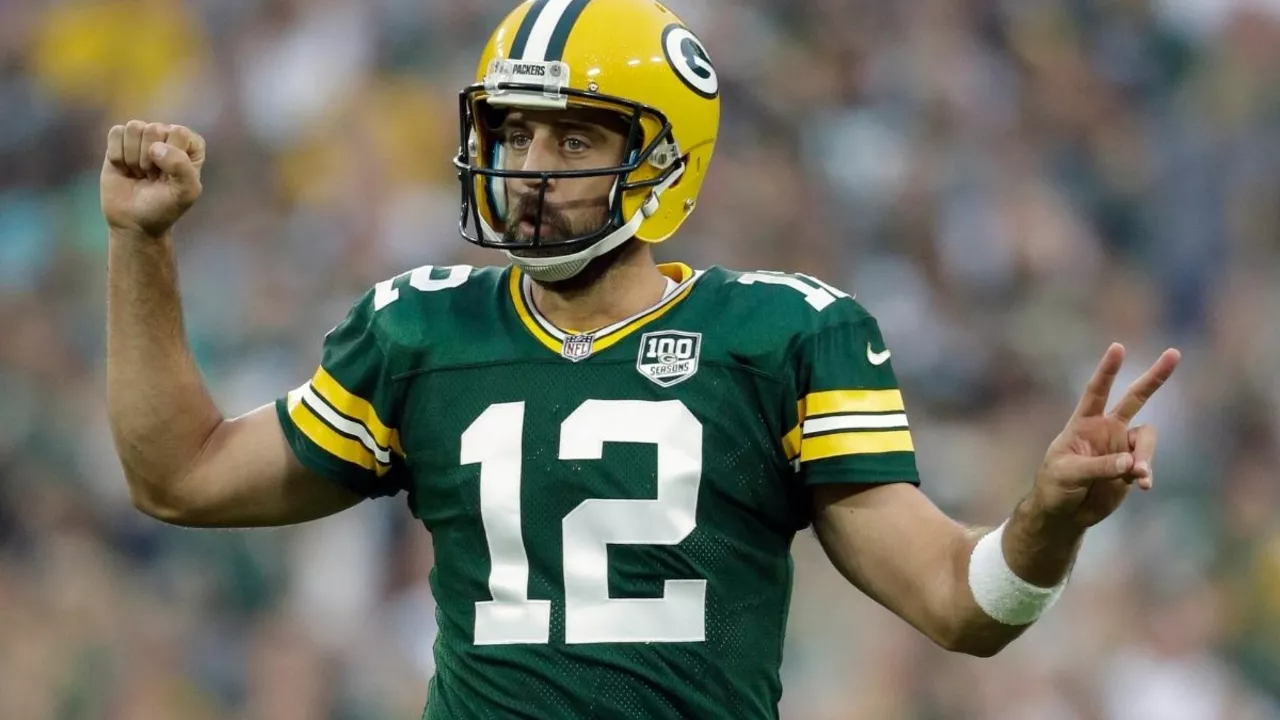Understanding the Concept of Signing Bonus
As a sports enthusiast and an ardent follower of the National Football League (NFL), I've often been intrigued by the concept of a signing bonus. What is it? In simple terms, a signing bonus is the amount of money a player receives when they sign a contract with an NFL team. This is a lump-sum payment, and it serves as a welcome gift to the player. The amount is usually significant, making it a major part of a player's earnings.
The Purpose Behind Offering Signing Bonuses
Why do NFL teams offer such hefty bonuses just for signing a contract? The answer lies in the competitive nature of the league. With so many teams vying for top talent, a substantial signing bonus can tip the scales in favor of a particular team. It's a way for teams to entice the best players, making their offer more attractive than others.
Signing Bonus as a Show of Commitment
Another reason I've discovered for the existence of signing bonuses is that they serve as a show of commitment from the team. By offering a large sum of money upfront, the team is demonstrating their faith in the player's abilities and their commitment to their future with the team. This can be a powerful motivator for players, and an affirmation of their value.
Guaranteed Money in an Uncertain Profession
The NFL is a physically demanding and unpredictable profession. Careers can be short-lived due to injuries or performance issues. In such a scenario, a signing bonus serves as guaranteed money for the players. Regardless of what happens after they sign the contract, the signing bonus is theirs to keep. This provides a certain level of financial security to the players.
Cap Management Strategy for Teams
From the team's perspective, giving a signing bonus also serves as a cap management strategy. The NFL has a salary cap system, which means a team can only spend a certain amount of money on player salaries each year. By offering a part of the contract as a signing bonus, teams can spread out the cap hit over the length of the contract, allowing more flexibility in managing their cap space.
Implication of Signing Bonuses on Contract Negotiations
The presence of signing bonuses also has a significant impact on contract negotiations in the NFL. For players and their agents, the signing bonus is often a key point of negotiation. They strive to secure as large a signing bonus as possible, as this money is guaranteed and paid upfront. The size of the signing bonus can often be a deal-breaker during negotiations.
The Downside of Signing Bonuses
However, it's worth noting that signing bonuses aren't without their downsides. For one, they can create a financial burden for the team, especially if the player doesn't live up to expectations. Furthermore, if a player is traded or released, the remaining cap hit from the signing bonus accelerates, which can have negative implications for the team's cap space in future years.
Notable Signing Bonuses in NFL History
Over the years, there have been some truly staggering signing bonuses handed out in the NFL. Some of the biggest include Matthew Stafford's $50 million signing bonus with the Detroit Lions in 2017 and Russell Wilson's $65 million signing bonus with the Seattle Seahawks in 2019. These figures reflect the immense value that teams place on securing top-tier talent.
The Future of Signing Bonuses in the NFL
Given the benefits and drawbacks associated with signing bonuses, it's interesting to ponder their future in the NFL. Will they continue to grow in size, or will teams start to shy away from them due to the potential risks? Only time will tell. But one thing is for certain - signing bonuses will continue to be a major talking point in the world of NFL contract negotiations.
